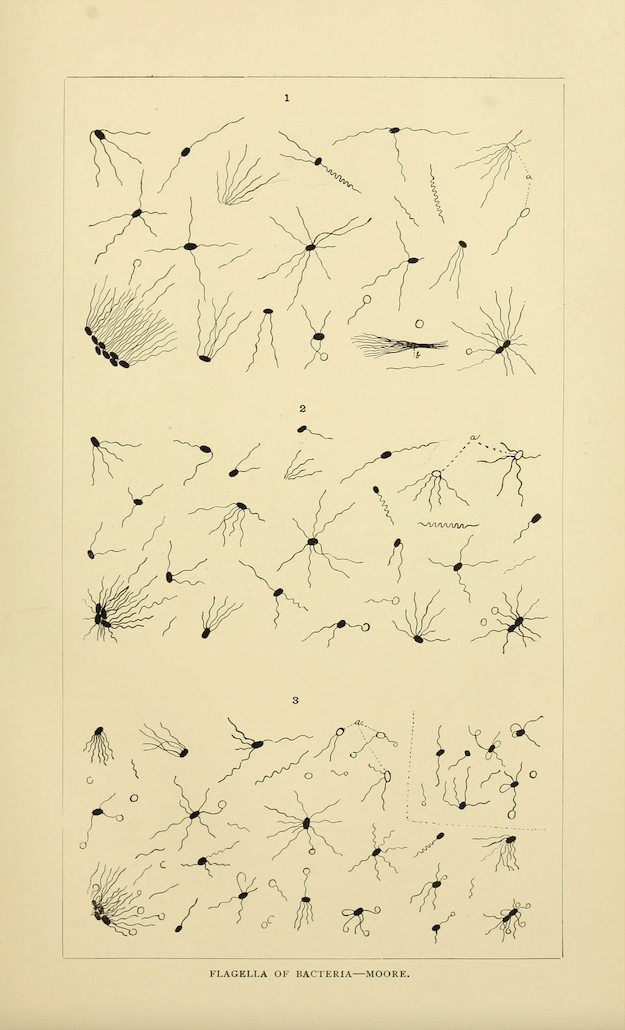The Center

The Cornell Center for Antimicrobial Resistance Research and Education is a product of the Infection Biology Task Force of the Provost’s Radical Collaboration Initiative that emerged from a shared recognition of Cornell’s unique breadth and depth of expertise in each of the foundational disciplines relevant to AMR. Cornell is specifically home to leading programs in monitoring and modeling of AMR in environments, studies of microbial pathogenesis, host response and drug resistance, and drug development, on both the Ithaca and New York City campuses. Accordingly, the Task Force recognized Cornell’s specific potential to develop innovative OneHealth solutions to the problem of AMR that could both span and integrate agricultural, veterinary, medical, and socio-economic sectors alike. The Task Force further recognized AMR research as a self-identified area of shared interest and research prioritization among faculty members across campuses. Active sponsored research in the area of AMR at Cornell is widely distributed across Weill Cornell Medicine (WCM), the College of Veterinary Medicine (Clinical Sciences, Population Medicine and Diagnostic Sciences, Public and Ecosystem Health, Microbiology and Immunology), the College of Agriculture and Life Sciences (Microbiology, Food Science), and the College of Engineering (Chemical and Biomolecular Engineering, Biomedical Engineering), and supported by US National Institutes of Health, US Centers for Disease Control (CDC), US Department of Defense, USDA, Wellcome Trust, and Bill & Melinda Gates Foundation, among others.
The goal of the Cornell Center for Antimicrobial Resistance Research and Education is to formally unite epidemiologists, basic and clinical microbiologists, chemical biologists, immunologists, sociologists, economists, and communication experts across campuses and enable the development of transformative, multidisciplinary solutions to the problem of AMR. Specific areas of prioritized focus and investment include: understanding and exploiting phenotypic drug tolerance; understanding coupled metabolism of host and pathogen; microbiome as a means of controlling infection; and the discovery of novel antibiotic compounds and/or alternatives to antibiotics. Additional goals and priorities of the Center include: interdisciplinary education and training in the biology, sociology, economics, and science communication of AMR.


